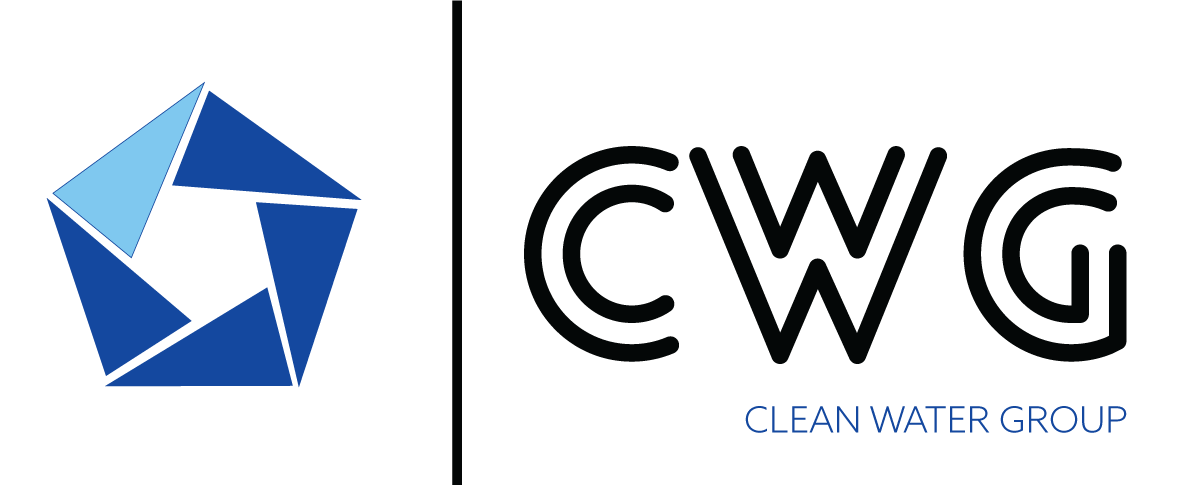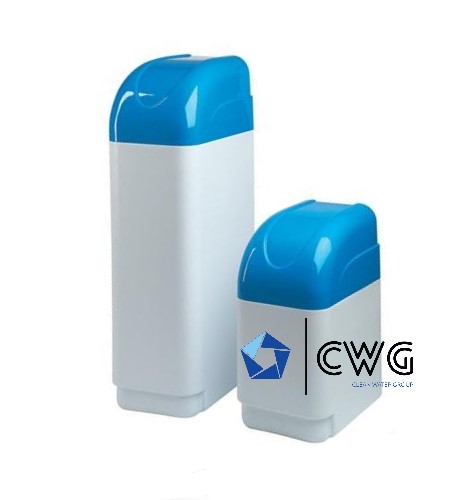NITRATES AND NITRITES
Nitrates and nitrites are nitrogen compounds found naturally in soil and water.
However, they often also come as a result of human activities such as agriculture, animal husbandry and industry. Nitrates and nitrites often enter water sources through field flushing, fertilizer, manure and wastewater.
Nitrates and nitrites can manifest themselves in water in the form of dissolved salts. Nitrates are an ionized form of nitrogen compounds (NO3-), while nitrites are also an ionized form, but of a reduced valence state (NO2-). Nitrates are more common and are usually less harmful than nitrites.
Although nitrates are natural soil ingredients, too high a concentration of nitrates in water can cause problems.
The most common problems caused by nitrate and nitrite in water include:
- Drinking water pollution:
Excessive nitrates and nitrites in drinking water can pose a serious threat to human health. When consumed in large quantities, nitrates and nitrites can cause serious health problems, especially in infants. A high concentration of nitrites can cause a decrease in the ability of red blood cells to carry oxygen, leading to “bluish syndrome” in infants.
- Eutrophication of water bodies:
An excessive amount of nitrates can stimulate the growth of algae in water bodies, leading to a process called eutrophication. This can cause suffocation of the aquatic ecosystem, a decrease in oxygen levels in the water, and the death of fish and other organisms.
- Contamination of agricultural soils:
Excessive use of nitrogen fertilizers in agriculture can result in nitrates being flushed into the soil and groundwater. This can lead to soil degradation, a decrease in fertility and an increase in the content of nitrates in the waters.
In order to solve the problems caused by nitrate and nitrite in water, various water treatment technologies are applied, including:
- Biological treatment: Some microorganisms can convert nitrates and nitrites into atmospheric nitrogen. Biological systems such as denitrification filters use this principle to reduce the concentration of nitrates and nitrites in water.
- Reverse osmosis: This technique uses semi-permeable membranes to filter nitrates, nitrites and other contaminants from water. This procedure is often used in the treatment of drinking water.
- Ion exchange: Cationic exchange resins can be used to remove nitrates from water through ion exchange. Nitrates are exchanged for other ions on the surface of the resin.
- Biological treatment: Some plants can absorb nitrates and nitrites from water through their growth. Growing such plants in filtered waters can help reduce the concentration of nitrates.
Taking into account the specific conditions and concentrations of nitrates and nitrites in water is essential when choosing the right water treatment technology to ensure safe and healthy water for consumption and the environment.
Nitrates and nitrites in water can pose a serious threat to human health, especially if consumed in high concentrations.
Their impact on health depends on the level of exposure and individual sensitivity. Some of the problems that nitrates and nitrites can cause to health include:
- Metehemoglobinemia (bluish syndrome): This is a serious condition that occurs in infants when nitrites react with hemoglobin in the blood, reducing its ability to carry oxygen. This can cause the skin and mucous membranes to turn blue (cyanotic), and in severe cases can lead to serious brain and heart damage and death.
- The carcinogenic potential: While there is no confirmed evidence of the carcinogenic effects of nitrates and nitrites on their own, there are concerns that they may react with other substances in the body to create compounds that are carcinogenic. One such compound is nitrosamine, which has been linked to cancer.
- Sensitivity reactions: People who are sensitive to nitrates and nitrites may develop allergic reactions, such as rashes, itchy skin, redness and swelling.
- Adverse effects on pregnant and lactating women: High levels of nitrates and nitrites can pose a particular risk to pregnant and lactating women, as they can affect the development of fetuses and infants.
- Digestive disorders: Consuming water with high concentrations of nitrates and nitrites can cause indigestion such as nausea, vomiting, abdominal pain and diarrhea.
To reduce the risk of side effects associated with nitrate and nitrite in water, it is important to follow safety guidelines and standards for drinking water.
Water treatment procedures, such as disinfection, filtration and the use of alternative water sources, can help reduce the concentration of nitrates and nitrites in water and provide healthy and safe water for consumption.

